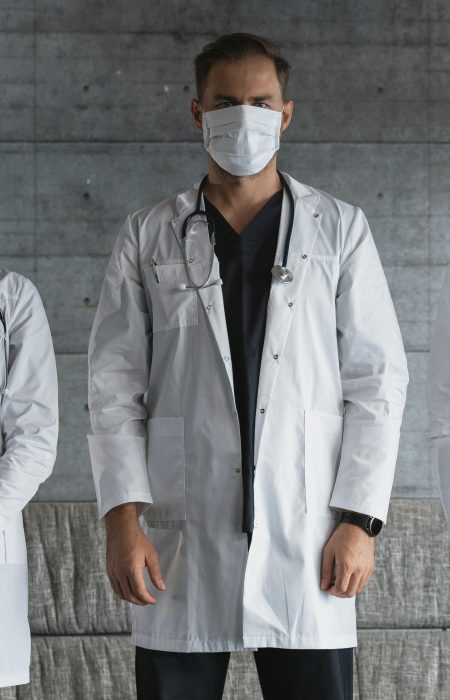Over the previous six months, the Department of Health has raised the number of psychiatrists in the Department of Denia’s Mental Health Units from four to eight. This number will rise to ten with the inclusion of two new specialists. In addition, three additional clinical psychology jobs have been created to improve early detection in schools, provide care for children and adolescents, and work in the Addictive Behaviour Unit, resulting in a roughly 30% personnel increase.
This increase in resources has led to an increase in the number of patients serviced. In fact, compared to the same period last year, the Adult Mental Health Units served 3,252 patients between January and May 2025, up 14% from 2,860 in 2024. The Child and Adolescent Mental Health Unit has seen a comparable 11% increase in patients, from 626 to 694.
Furthermore, the number of consultations has increased by 24% among adults and 18% among children and adolescents, indicating enhanced quality of care as the number of consultations per patient seen rises.
In this regard, the Director General of Mental Health and Addictions, Bartolomé Pérez, who held a meeting with the management team of Dénia Hospital and the department’s Mental Health Service, highlighted the “significant improvement in mental health care, as a result of the increased human resources promoted by the Ministry of Health.”
Reducing Waiting Times and New Technologies
Waiting times have dropped dramatically as activity has increased. In the last year, the average waiting time for adults has decreased from 97.9 to 67.6 days. For children and teenagers, the loss has been much more significant, with the number of days falling from 65.8 to 29.1 this year, a more than 56% decrease.
The director general welcomed the growth and stated that Dénia’s Mental Health Service “is currently among the most efficient in the Valencian Community.”
The summit also announced the incorporation of new technology in the coming months, which will broaden the therapeutic alternatives available. Thus, the department will have electroconvulsive therapy equipment, home-use transcranial stimulation devices, and virtual reality systems to aid in the treatment of major depressive illnesses and obsessive-compulsive disorder. “The residents of Marina Alta will have access to the most advanced technology for the treatment of mental illnesses,” according to Bartolomé Pérez.
Other health indices show the positive evolution of healthcare capacity. One of the most significant findings is a 24% reduction in hospital emergencies related to self-harm recorded in the Marina Alta region in 2024 compared to the previous year, “a result that points to an improvement in the care and prevention of mental health problems in the population,” Pérez concluded.









No Comment! Be the first one.